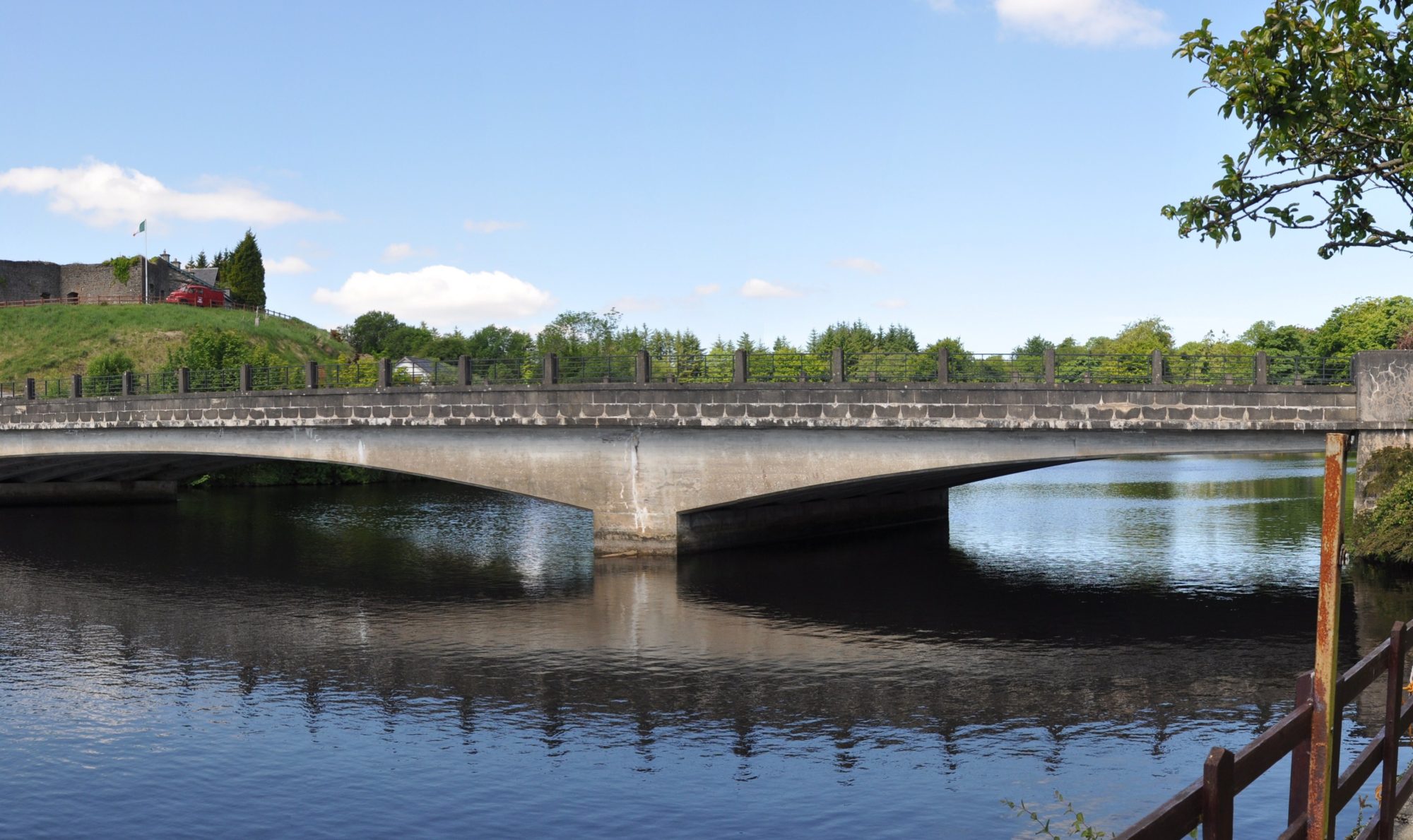
19 October 2019: Parliament sits on a Saturday for the first time since Argentina invaded the Falklands in 1992, and for only the fourth time since the start of WWII. The main order of the day is to consider and vote on whether to approve the Brexit deal struck between UK and EU negotiators on 17 October.
The agreement avoids a ‘hard’ border in Ireland by placing a regulatory and customs border down the Irish Sea. The DUP has already rejected the deal because in the new arrangement Northern Island will continue to be aligned with EU single market regulations and customs rules (while remaining legally in the UK customs territory). Stanch unionists will be unhappy about the proposed border between NI and EU, leaving Northern Ireland left on the ‘window ledge‘ of the union (this was the image used by Robin Swann, leader of the Ulster Unionist party (UUP)). More dread-filled language from Jim Allister, leader of the Traditional Unionist Voice party, who is fearful that NI will be left out in the cold and left susceptible to (horrors!) Irish unity: ‘The inescapable reality is that a permanent regulatory and customs border cutting us off from GB puts us in a waiting room for Irish unity with the door locked from the outside.’ A statement from the DUP claimed that the government was driving ‘a coach and horses through the professed sanctity of the Belfast agreement’. The lukewarm response of Sinn Féin president Mary Lou McDonald was that the deal was the ‘least worst option’ that would ‘only mitigate the worst effects of Brexit.’

Labour is expected to vote against the deal. Shadow chancellor John McDonnell is quoted as saying that: ‘It will introduce checks and barriers on our border and. It is worse than Theresa May’s deal because it removes those commitments that she was willing to offer about a level playing field to protect workers’ rights, environmental standards and consumer rights. It’s a very bad deal we can’t support it.’ Though Nicola Sturgeon, Scotland’s First Minister and SNP Leader, has a sneaking suspicion that there will be some Labour rebels voting to push the deal through:

‘Super Saturday’ turned out to be a bit of a damp squib, from the government’s perspective. Extravagant deployment of the government’s cavaliar talking point that spoke of ‘getting Brexit done’ failed to persuade. Rather than voting Boris Johnson’s deal through, the House was asked to consider an amendment put forward by Sir Oliver Letwin, a conservative MP, proposing that Parliament decline to approve the ‘new’ Brexit deal until all the supporting technical legislation had been passed. Outside Westminister, a crowd of a million-odd people who had gathered in support of a People’s Vote cheered in jubilation after the House voted for Letwin’s amendment – 322 to 306. This triggered the Benn Act (European Union (Withdrawal) (No.2) Act 2019), which meant that Johnson was forced to send a letter to the EU asking for an extension to Brexit beyond 31 October 2019. Despite having said that he would rather ‘die in a ditch’ than ask for an extension, Johnson sent a legally mandated letter – unsigned – requesting the extension to Donald Tusk, president of the European council, along with a personal letter putting forward arguments as to why he didn’t want the extension. Typical Johnson machinations, performed with the grace of a petulant schoolboy. But the upshot is it doesn’t look like Britain will be leaving the EU on the 31st.

